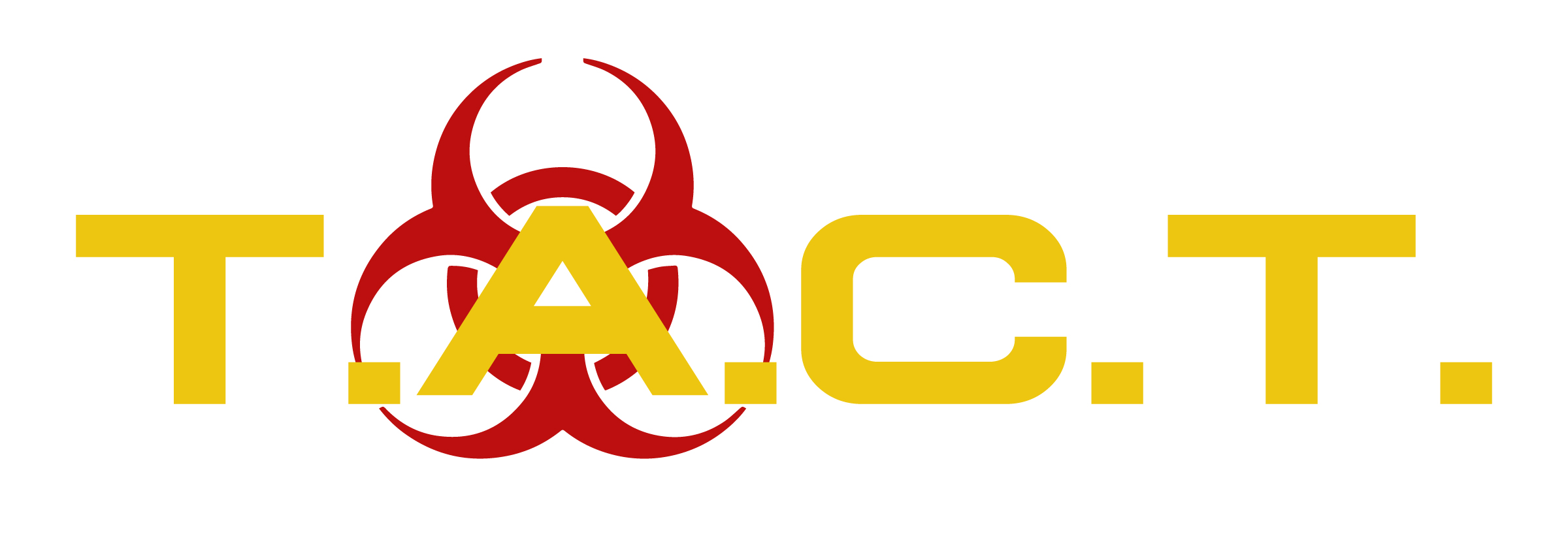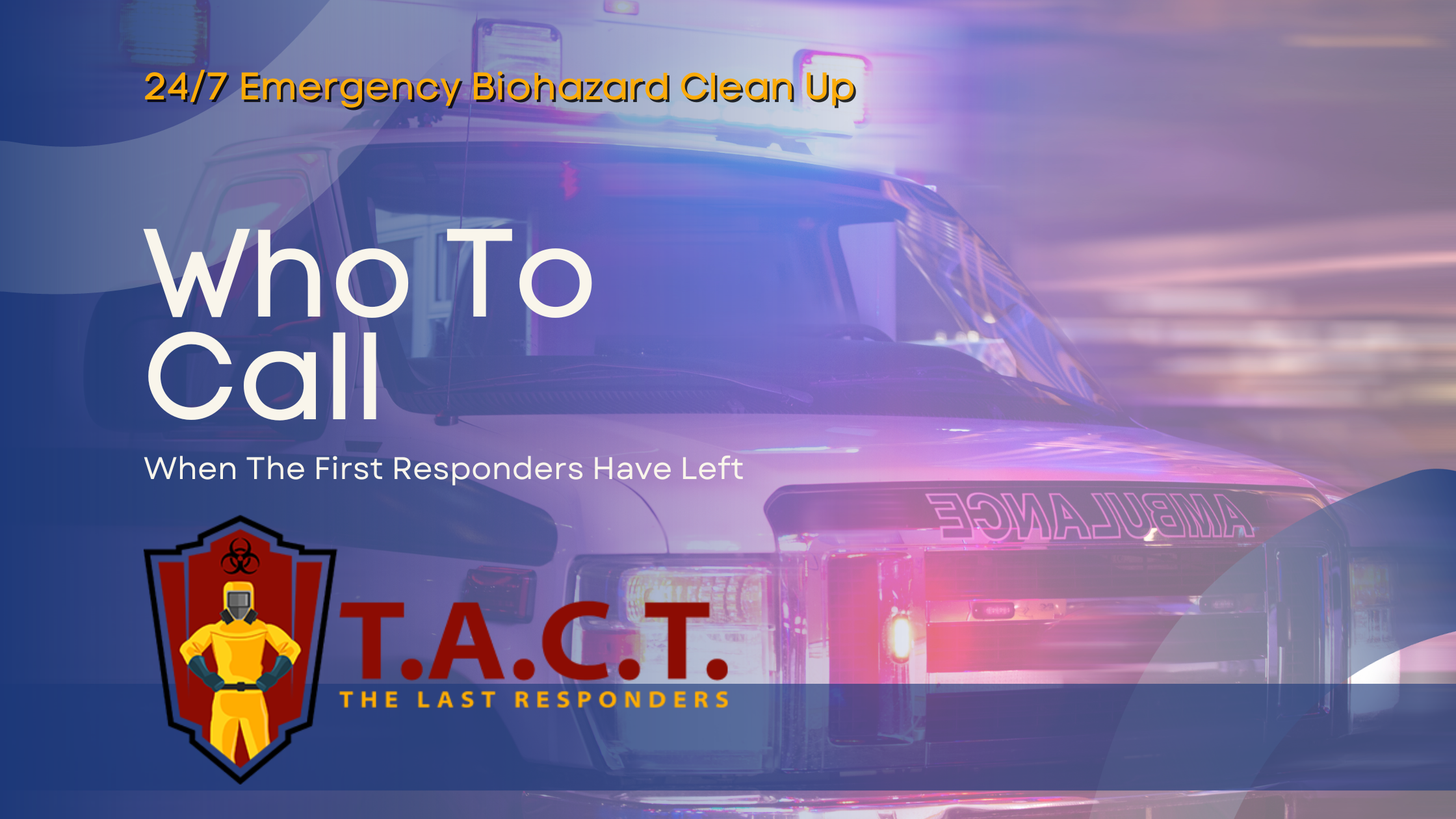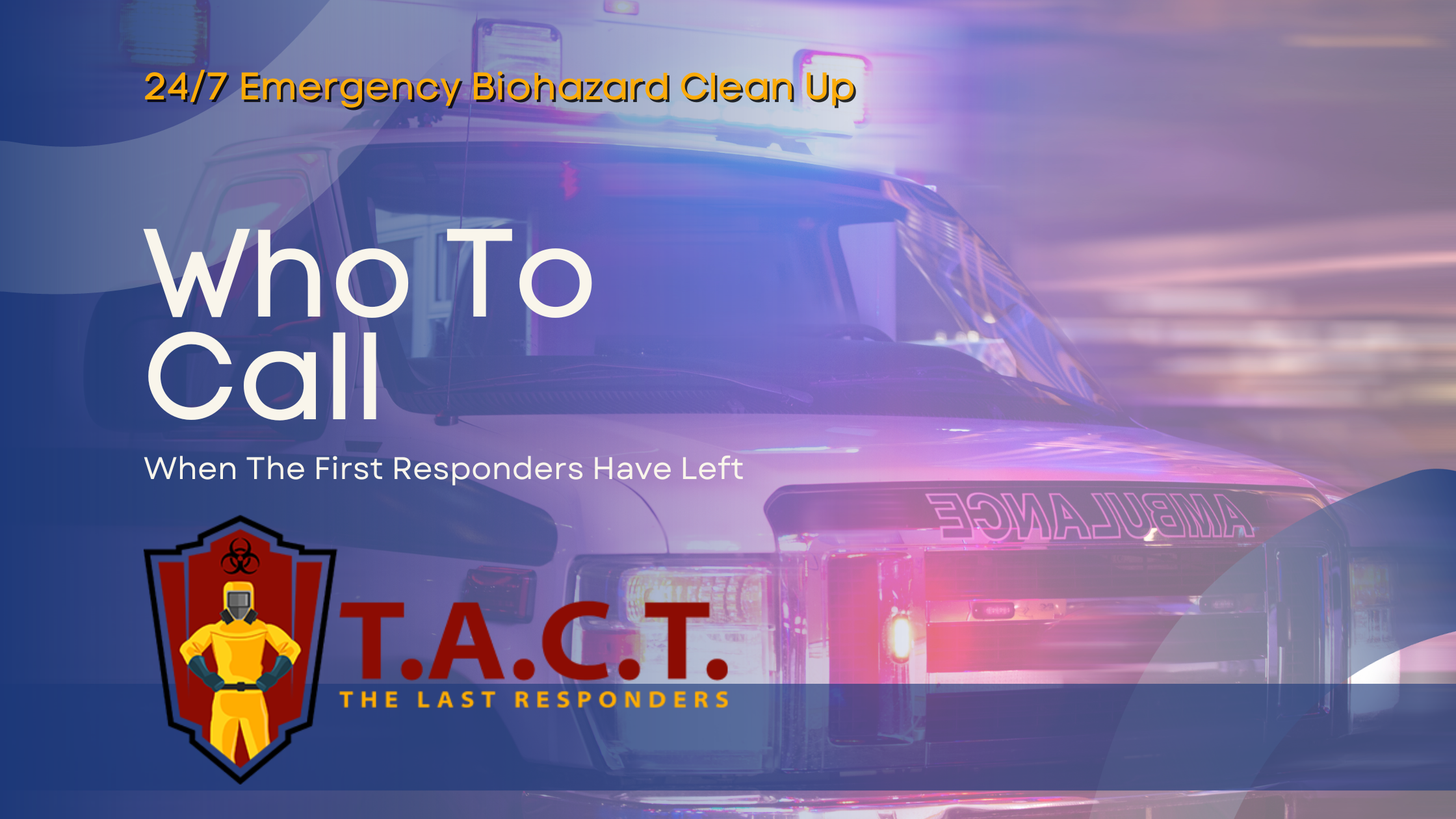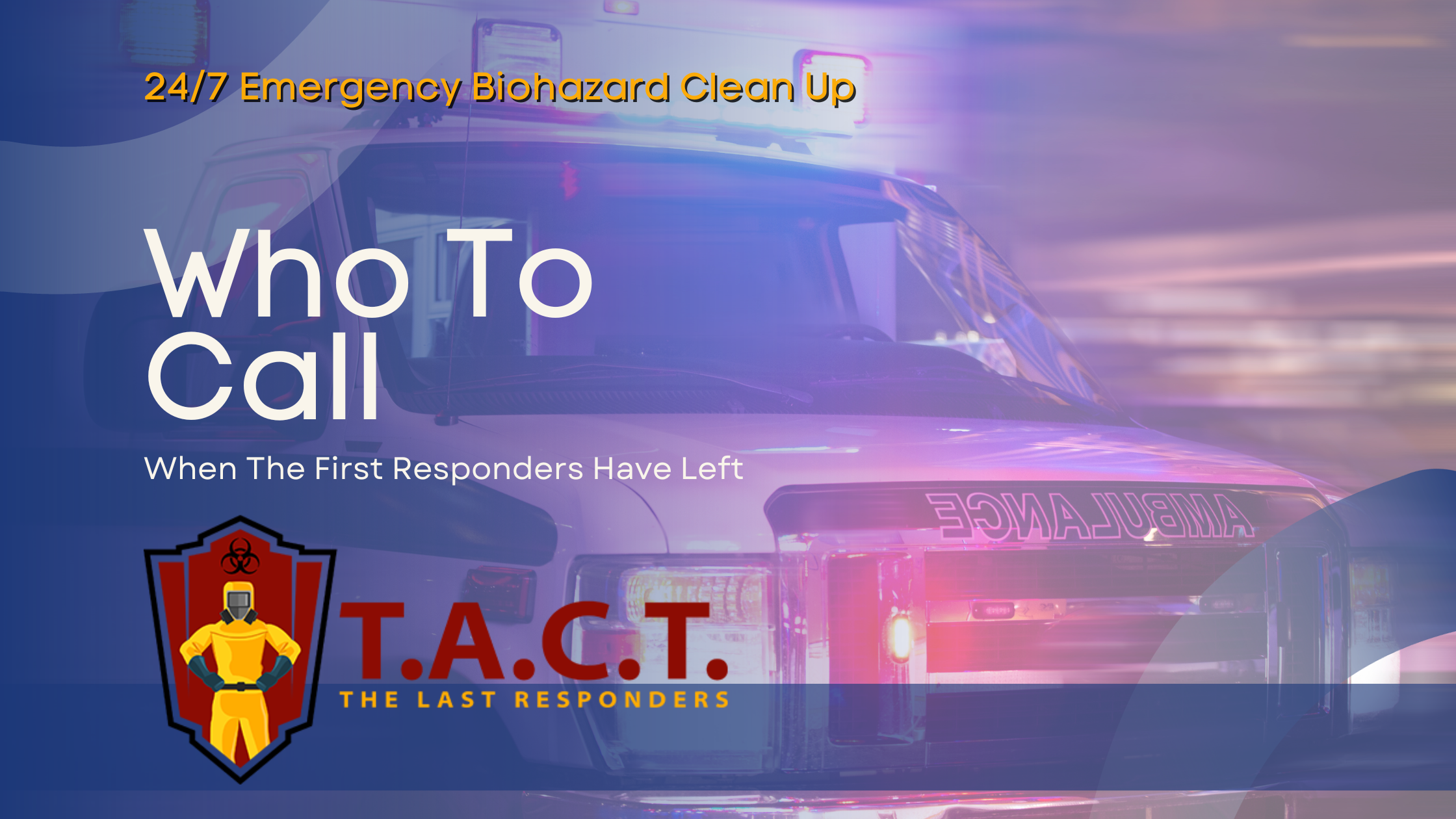Top Charities for Hoarding Support & Recovery Solutions

Top Charities That Help Hoarders Find Support and Recovery Solutions
Hoarding disorder affects millions of people worldwide, creating overwhelming challenges that extend far beyond cluttered living spaces. This article focuses on people who hoard, exploring the behavior and its impact on individuals and society. Individuals who hoard often struggle for years, as this complex mental health condition can isolate individuals, strain family relationships, and significantly impact quality of life. While the path to recovery may seem daunting, numerous charitable organizations stand ready to provide crucial support, resources, and hope to those affected by hoarding disorder.
Understanding where to find help represents the first critical step toward healing. Charitable organizations specializing in hoarding support offer comprehensive services designed to address both the psychological and practical aspects of this condition. The clinical terms used to describe hoarding disorder, such as those found in DSM-5 and ICD-11, help professionals and charities understand and address the condition accurately. These nonprofits bridge the gap between professional treatment and community support, providing accessible resources that can transform lives.
The journey toward recovery requires more than individual determination—it demands a network of understanding professionals, supportive peers, and practical assistance. Charitable organizations fulfill this vital role, offering everything from crisis intervention to long-term recovery planning. Their services often prove invaluable for families who feel overwhelmed and uncertain about how to help their loved ones.
Understanding Mental Health Conditions and Hoarding Disorder
Hoarding disorder is a recognized mental health condition characterized by persistent difficulty discarding possessions, regardless of their actual value. This condition affects approximately 2-6% of the population, making it more common than many people realize. The disorder goes beyond simple messiness or collecting—it involves emotional attachments to objects that interfere with normal living conditions and daily functioning.
The impact of hoarding disorder extends throughout every aspect of an individual’s life. Living spaces become inaccessible, creating safety hazards and unsanitary conditions. Social isolation often follows as individuals become embarrassed about their living situations. Relationships suffer strain as family members struggle to understand the condition and feel helpless to provide effective support. Many people with hoarding disorder are reluctant to seek help, and families may encounter resistance when encouraging support and assistance to individuals and families intervention. However, even if a person is initially reluctant, they may eventually agree to participate in treatment or support programs.
Families and friends play a crucial role in the recovery process, though they often need guidance themselves. Many well-intentioned loved ones inadvertently enable hoarding behaviors or create additional stress through confrontational approaches. Understanding the psychological complexity of hoarding disorder helps families provide more effective support while maintaining their own emotional well-being.
Professional assessment remains essential for understanding the full scope of hoarding disorder’s impact on a person’s life. Mental health professionals can evaluate the severity of symptoms, identify co-occurring conditions, and develop comprehensive treatment plans. However, charitable organizations often serve as the bridge that connects individuals and families to these professional resources.
Recovery from hoarding disorder requires patience, understanding, and sustained effort from both the individual and their support network. The condition rarely improves without intervention, making it essential to seek appropriate help as soon as possible. Early intervention typically leads to better outcomes and prevents the escalation of symptoms that can make treatment more challenging.
Understanding the Importance of Seeking Help
Recognizing the need for help is a vital first step for anyone struggling with hoarding disorder. This condition can deeply affect mental health, leading to a range of problems that impact every area of life—from strained family relationships to financial difficulties and even health risks. It’s important to understand that hoarding is not simply a matter of being messy or disorganized; it is a complex mental health condition that requires understanding and professional support.
By seeking help, people can gain valuable insight into their situation and begin to understand the underlying causes of their hoarding behaviors. Accessing the right resources and support can make a significant difference, helping individuals develop strategies to reduce the impact of hoarding on their daily life. With the right guidance, it is possible to achieve meaningful recovery, improve mental health, and restore hope for a better future. Remember, reaching out for help is a sign of strength and the first step toward overcoming the challenges of hoarding disorder.
Charities That Offer Comprehensive Support Services
Charitable organizations specializing in hoarding support provide a wide range of services tailored to meet diverse needs and circumstances. These nonprofits understand that effective intervention requires addressing both the emotional and practical aspects of hoarding disorder. Their comprehensive approach often includes support groups, individual counseling, family education, and hands-on assistance with organizing and decluttering.
Support groups represent one of the most valuable services offered by hoarding charities. These groups provide safe spaces where individuals can share experiences, learn coping strategies, and receive encouragement from others who understand their struggles. The peer support found in these groups often proves transformative, helping participants realize they are not alone and that recovery is possible.
Many charities offer cost-effective solutions that make support accessible to individuals regardless of their financial circumstances. This accessibility is crucial because hoarding disorder can impact people from all socioeconomic backgrounds, and the condition itself sometimes creates financial difficulties that limit access to private treatment options. Charitable organizations help level the playing field, ensuring that quality support is available to everyone who needs it.
Personalized support plans form the foundation of effective charitable intervention. These organizations work closely with individuals and families to understand unique circumstances, challenges, and goals. Rather than applying one-size-fits-all approaches, experienced charity workers develop customized strategies that address specific needs while respecting individual preferences and limitations. Charities help individuals take action by developing and implementing practical plans and coordinated steps to address hoarding behavior. Support often includes helping individuals decide which items to keep, donate, or discard during decluttering sessions.
Professional partnerships enhance the effectiveness of charitable services. Many organizations maintain relationships with mental health professionals, social workers, and other specialists who can provide additional expertise when needed. This collaborative approach ensures that individuals receive comprehensive care that addresses all aspects of their condition.
Types of Charities and Services
A wide range of charities and services are available to support individuals and families affected by hoarding disorder. These organizations understand the unique challenges that come with hoarding and offer tailored resources to meet diverse needs. Services may include counseling, home visits, practical assistance with decluttering, and ongoing emotional support. Some charities focus on specific groups, such as families or older adults, while others provide general support for anyone experiencing hoarding disorder.
Many charities also maintain comprehensive websites filled with helpful information, resources, and guidance on how to access their services. These sites can be an excellent starting point for those looking to understand more about hoarding disorder and the types of help available. Whether you need support for yourself or a loved one, these organizations offer a range of options to help you find the right path forward and address your unique needs.
Finding the Right Charity for Your Needs
Choosing the right charity to support your journey with hoarding disorder can feel overwhelming, but taking the time to assess your options is essential. Start by reviewing each organization’s experience and expertise in dealing with hoarding problems. Look for charities that offer a range of services tailored to individual needs and have a proven track record of helping people achieve positive outcomes.
Cost is another important factor—some charities provide free or low-cost services, while others may charge a fee. Make sure to assess whether the support offered fits within your budget and meets your specific needs. It’s also helpful to consider the charity’s approach to support and whether it aligns with your values and recovery goals. By carefully researching and reviewing different organizations, you can find the right support to help you overcome hoarding disorder, improve your mental health, and take meaningful steps toward recovery.
Recovery Solutions and Treatment Options
Recovery from hoarding disorder requires a multi-faceted approach that addresses underlying psychological factors while providing practical assistance with environmental changes. The risks associated with hoarding can continue for years if not addressed, leading to long-term harm. Cognitive-behavioral therapy (CBT) has shown particular effectiveness in treating hoarding disorder by helping individuals understand the thoughts and emotions that drive their attachment to possessions.
Treatment plans must be individually tailored to address each person’s specific symptoms, circumstances, and recovery goals. Some individuals may benefit from medication to address co-occurring conditions such as depression or anxiety, while others may focus primarily on behavioral interventions and environmental modifications. Charitable organizations help coordinate these various treatment elements to ensure comprehensive care.
Practical assistance with decluttering and organizing represents a crucial component of recovery that many charitable organizations provide. These services go beyond simple cleaning—they involve careful, respectful processes that help individuals make decisions about possessions while building skills for maintaining organized living spaces. Decluttering services also help individuals create more room in their homes, improving their quality of life. This hands-on support often proves essential for sustaining long-term recovery.
Progress assessment and ongoing monitoring help ensure that recovery efforts remain on track and adapt to changing needs. Charitable organizations typically provide continued support throughout the recovery process, recognizing that healing from hoarding disorder is often a gradual process that requires sustained effort and encouragement. These organizations regularly review client progress and determine if additional sessions or support are needed.
Relapse prevention strategies form an essential part of comprehensive treatment approaches. Charitable organizations help individuals develop skills and support systems that reduce the risk of returning to previous patterns of behavior. This ongoing support often makes the difference between temporary improvement and lasting recovery.
Benefits of Seeking Professional Help
Reaching out for professional help can transform the recovery journey for individuals living with hoarding disorder. With expert support, people can develop a deeper understanding of their condition and learn effective strategies to manage their attachment to possessions. Professional guidance brings hope and relief, empowering individuals to achieve their goals and make lasting changes in their life.
Seeking help can also reduce the impact of hoarding on relationships, allowing people to reconnect with loved ones and participate more fully in daily activities. Working with a professional means having a personalized plan that addresses your unique needs, whether through regular visits, counseling, or hands-on assistance with decluttering. This comprehensive support helps individuals regain control over their possessions and their life, paving the way for long-term recovery and a renewed sense of hope for the future.
Finding Local Resources and Support Networks
Local resources provide the most accessible and practical support for individuals dealing with hoarding disorder. Charitable organizations often maintain extensive networks of local contacts, including support groups, professional services, and volunteer assistance programs. These local connections ensure that individuals can access help close to home without extensive travel or logistical challenges.
Charity websites serve as valuable resources for locating local support services. Many organizations maintain comprehensive databases of resources organized by geographic location, making it easy to find relevant services in specific areas. These online resources often include contact information, service descriptions, and guidance on how to access different types of support.
Family involvement in resource identification and utilization often improves outcomes for individuals with hoarding disorder. Charitable organizations frequently provide education and support for family members, helping them understand how to be most helpful while maintaining appropriate boundaries. This family-centered approach recognizes that hoarding disorder affects entire family systems, not just individuals.
Home-based services represent a particularly important resource for individuals whose hoarding disorder has created barriers to leaving their homes. Many charitable organizations offer home visits, telephone support, and online resources that bring help directly to those who need it most. These services often involve working with individuals to identify which possessions are truly wanted and which can be let go, ensuring that their preferences and emotional attachments are respected during the decluttering process. This accessibility can be crucial for engaging individuals who might otherwise remain isolated and untreated.
Ongoing resource connections help sustain recovery efforts over time. Charitable organizations often maintain long-term relationships with the individuals and families they serve, providing continued access to resources and support as needs evolve. This sustained connection helps prevent isolation and provides safety nets during challenging periods.
Frequently Asked Questions
What types of services do hoarding support charities typically provide?
Most hoarding support charities offer a combination of support groups, educational resources, family counseling, practical assistance with organizing and decluttering, referrals to professional treatment, and ongoing recovery support. Services vary by organization but typically address both emotional and practical aspects of hoarding disorder.
How can I find reputable charities that help with hoarding disorder?
Research organizations through mental health associations, contact local social services departments for recommendations, and verify charity credentials through sites like Charity Navigator. Look for organizations with specific experience in hoarding disorder rather than general mental health charities that may lack specialized expertise.
Do hoarding support charities charge fees for their services?
Many charitable organizations provide free or sliding-scale services, though some may charge nominal fees for certain programs. Most prioritize accessibility and work with individuals regardless of their ability to pay. Contact organizations directly to discuss financial concerns and available options.
Can family members access support even if their loved one isn't ready for help?
Yes, many hoarding support charities offer resources specifically for family members and friends. These may include family support groups, educational workshops, and guidance on effective communication strategies. Family support services can be valuable even when the individual with hoarding disorder isn't yet engaged in treatment.
What should I expect from my first contact with a hoarding support charity?
Most organizations begin with an assessment conversation to understand your specific situation and needs. They typically provide information about available services, discuss next steps, and may connect you with appropriate resources immediately. The initial contact is usually supportive and non-judgmental, designed to help you feel comfortable seeking help.
Taking the First Step Toward Recovery
Reaching out for support represents a courageous and crucial step toward recovery from hoarding disorder. Charitable organizations stand ready to provide the compassion, expertise, and practical assistance needed to begin this challenging but rewarding journey. These nonprofits understand that recovery takes time and requires sustained support, and they're committed to walking alongside individuals and families throughout the process.
The path forward begins with a single contact—a phone call, website visit, or email to a charitable organization specializing in hoarding support. These first connections often provide immediate relief through validation, hope, and concrete next steps. Remember that seeking help demonstrates strength, not weakness, and that numerous people have successfully overcome hoarding disorder with appropriate support.
Don't wait for the "perfect" moment to reach out for help. Hoarding disorder rarely improves without intervention, and early support typically leads to better outcomes. The charitable organizations dedicated to helping individuals with hoarding disorder are prepared to meet you wherever you are in your journey and help you move toward a healthier, more fulfilling life.
Meta data
Meta title
Top Charities for Hoarding Support & Recovery Solutions
Meta description
Discover leading charitable organizations that provide crucial support, resources, and recovery solutions for individuals and families affected by hoarding disorder.



